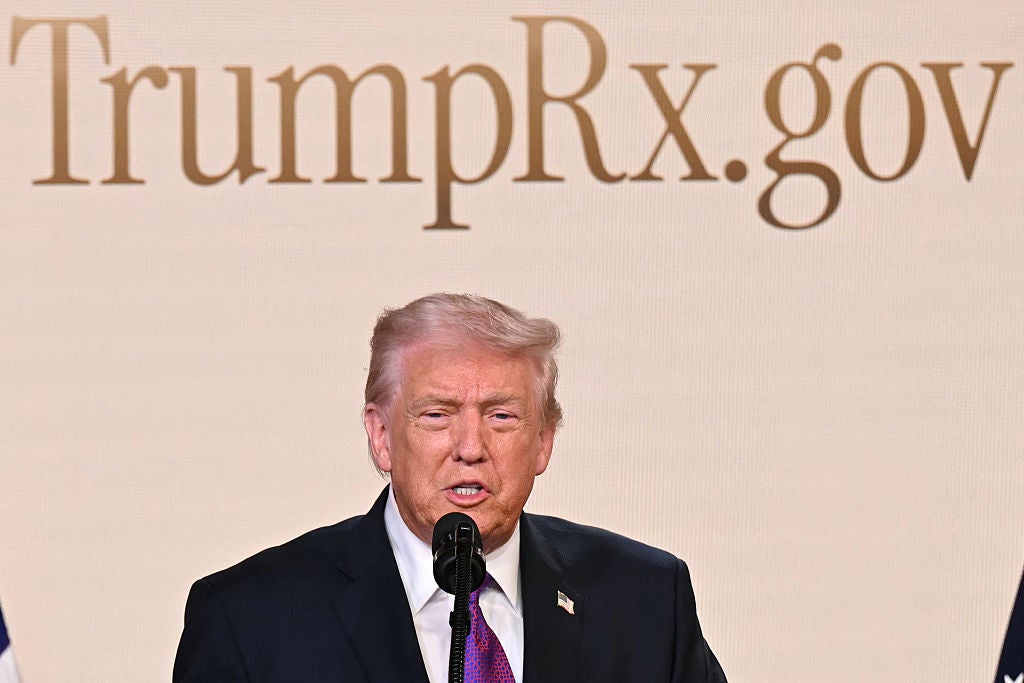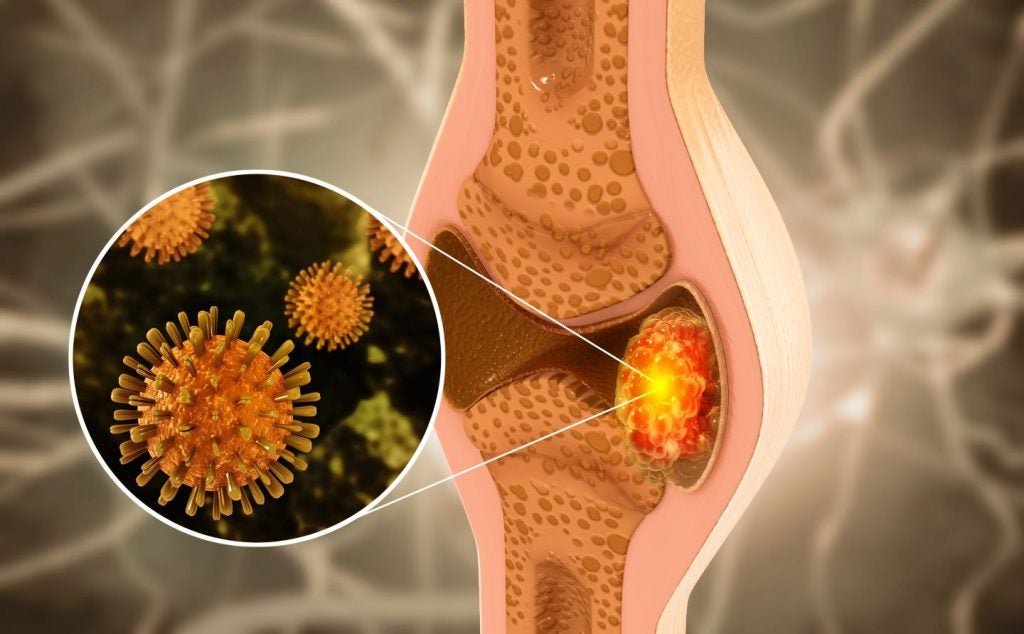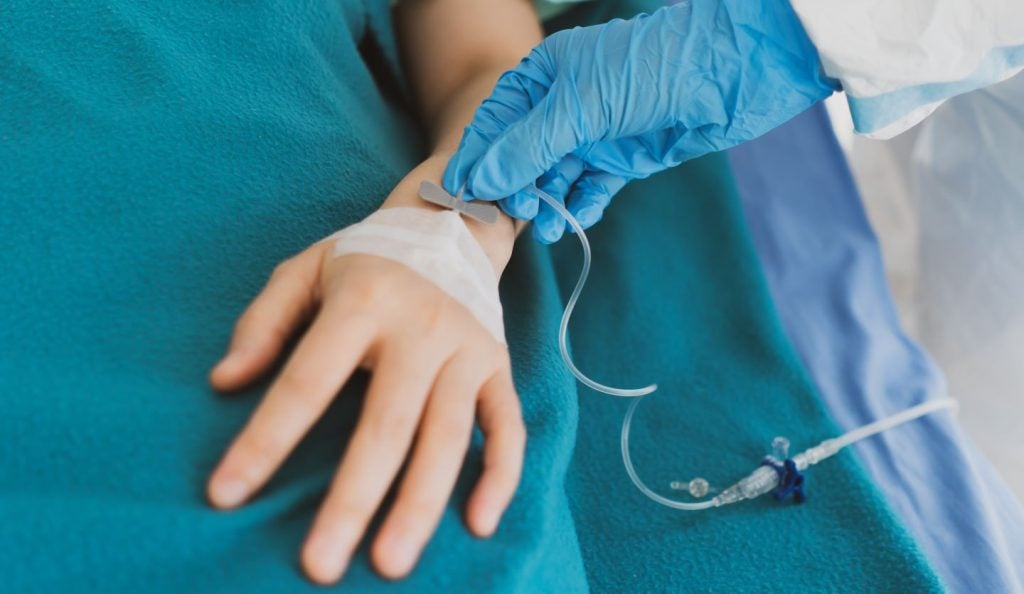Rona Therapeutics has secured $35m in its Series A+ financing round to advance its metabolic small interfering RNA (siRNA) pipeline in clinical settings.
The company will also use the investment proceeds to develop next-generation RNA platforms.
LongRiver Investments spearheaded the financing round, which saw contributions from Zhaode Investment, Zhongqi Capital, BioTrack Capital and Lilly Asia Ventures.
LongRiver Investments will become part of Rona's board.
The company focuses on developing siRNA programmes, with its first product, RN0191, having completed Phase I clinical studies in Australia and China.
In December 2023, Rona received clinical trial application clearance from the National Medical Products Administration in China to assess RN0191 injection to treat hypercholesterolemia, mixed hyperlipidemia and atherosclerotic cardiovascular disease, to reduce the risk of cardiovascular events.
The asset is set to enter Phase II clinical development for hypercholesterolemia.
Rona's second programme, RN0361, is scheduled to enter clinical trials in the second quarter of 2024 for hypertriglyceridemia.
Rona is also advancing its pipeline for kidney disease, obesity and cardiometabolic diseases.
The company's siRNA drugs have unique properties, particularly in liver-targeted metabolism-related pipeline products for cardiovascular diseases, NASH, obesity and kidney diseases.
In addition to its metabolic disease focus, Rona is exploring the potential of extra-hepatic nucleic acid delivery in CNS [central nervous system] degenerative diseases.
Commenting on the funding, LongRiver Investments stated: “Rona Therapeutics has successfully brought two best-in-class siRNA metabolic programmes into global development and demonstrated differentiated clinical data and platform value.
“We are impressed by the progress Rona has made in developing an innovative siRNA pipeline and expanding into extrahepatic delivery in CNS and beyond. We look forward to partnering with the Rona team to unlock the potential of RNA medicine as transformative therapies to patients globally.”















